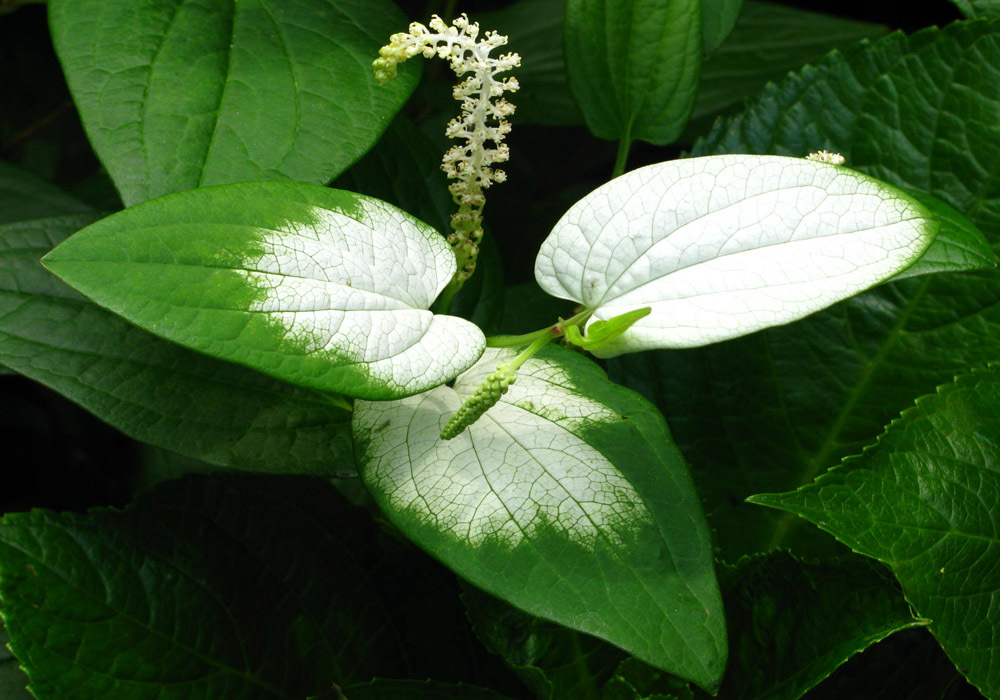半夏生(はんげしょう)は、日本の伝統的な季節行事の一つであり、主に7月2日に行われます。この日は、夏至(6月21日頃)から約10日後の節気であり、一年で最も暑い時期に当たります。
半夏生は、農耕や収穫に関連する風習や神事が行われる日です。この日には、稲の苗を育てるための儀式が行われたり、農作物の豊作や五穀豊穣を祈るための祭りが開催されることがあります。
また、半夏生には習慣的に「半夏生湯(はんげしょうゆ)」と呼ばれる風呂に入る習慣があります。半夏生湯は、夏の暑さをしのぎ、身体を清めるために用意された特別な入浴方法で、草やハーブを浴槽に浮かべたり、香りの良い入浴剤を使ったりすることがあります。
半夏生は、日本の古来からの風習や文化を大切にし、夏の訪れや収穫の喜びを祝う機会として親しまれています。
Hange-shō, also known as Hange no Sekku, is a traditional seasonal event in Japan, primarily observed on July 2nd. It falls approximately ten days after the summer solstice (around June 21st) and represents the hottest period of the year.
Hange-shō is a day associated with agricultural customs and rituals. It involves ceremonies for nurturing rice seedlings and festivals to pray for bountiful harvests and abundant crops.
One customary practice on Hange-shō is taking a special bath known as “Hange-shōyu.” This bath is prepared to cool off from the summer heat and cleanse the body. It often involves floating grasses or herbs in the bathwater or using fragrant bath additives.
Hange-shō is celebrated as an occasion to cherish Japan’s ancient customs and culture, and to rejoice in the arrival of summer and the joys of the harvest.
